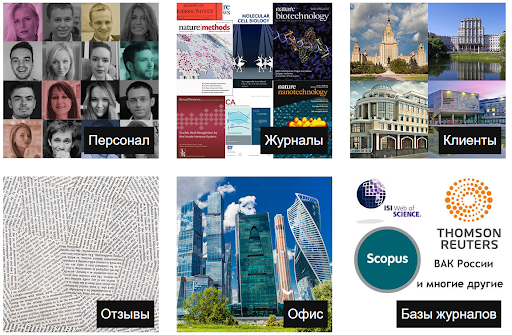
Before we present this week’s Weekend Reads, a question: Do you enjoy our weekly roundup? If so, we could really use your help. Would you consider a tax-deductible donation to support Weekend Reads, and our daily work? Thanks in advance.
The week at Retraction Watch featured an exclusive about a Russian company that claims to have brokered more than 10,000 authorships; a cancer researcher who lost a libel suit against the New York Times; and a criminologist who wrote a 27-page article about why he wants his own paper retracted. Here’s what was happening elsewhere:
Continue reading Weekend reads: A vaping study gets muddied; the “F-word” in science; prof quits following allegations of cocaine bacchanals





